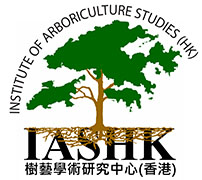one of a number of separate obligate hosts to the different life stages of certain pathogens. such as rusts. which must alternate between hosts.
alternate host (Wikipedia)
A heteroecious parasite is one that requires at least two hosts. The primary host is the host in which the parasite spends its adult life; the other is the secondary host. Both hosts are required for the parasite to complete its life cycle. This can be contrasted with an autoecious parasite which can complete its life cycle on a single host species. Many rust fungi have heteroecious life cycles:

In parasitology, heteroxeny, or heteroxenous development, is a synonymous term that characterizes a parasite whose development involves several hosts.
